Table of content
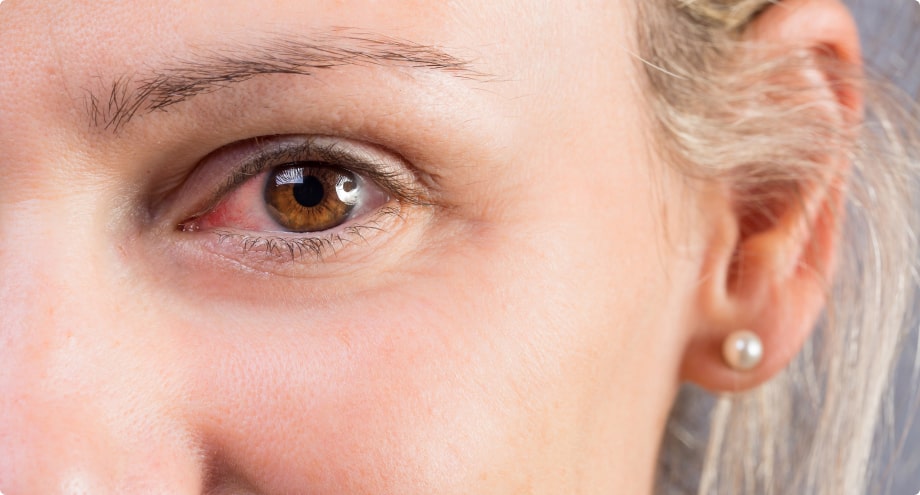
What are Corneal Diseases?
Corneal diseases involve various conditions that affect the cornea, the transparent outer layer of the eye crucial for clear vision. The cornea plays a vital role in focusing light onto the retina, and any abnormalities in its structure or function can impact visual clarity and overall eye health.
Symptoms
As corneal diseases progress slowly, they may not present noticeable symptoms in the early stages. However, as these conditions advance, individuals may experience the following symptoms:

- Eye pain
- Redness
- Blurred vision
- Sensitivity to light
- Excessive tearing
- Feeling of a foreign body in the eye
Causes
Corneal diseases can be caused by infections like bacteria, fungi, or viruses, genetic factors, autoimmune disorders, dry eye conditions, injuries, surgeries, or other health problems like diabetes.
Types
There are several types of corneal disorders, including:
Ocular Cicatricial Pemphigoid
An autoimmune disorder causing inflammation and scarring of the conjunctiva and cornea.
Keratoconus
Progressive thinning and bulging of the cornea, leading to distorted vision.
Corneal Dystrophies and degenerations
Inherited or acquired conditions causing abnormal deposits or changes in the cornea’s structure.
Trauma-related corneal injuries
Damage to the cornea due to physical trauma or injury to the eye.
Ocular surface conditions
A severe reaction such as Steven Johnson Syndrome resulting in inflammation and blisters on the skin and mucous membranes.
Severe dry eye disease
Chronic lack of moisture and lubrication on the eye’s surface, leading to discomfort and potential damage.
Corneal Ulcers
Open sores on the cornea are often caused by infection or injury.
Risk Factors
Factors that increase the risk of developing corneal diseases include:

Contact lens
Eye injuries or trauma
Family history of corneal diseases
Certain occupations or activities with an increased risk of eye exposure (such as welding without eye protection)
Ageing
How to prevent
While not all corneal diseases are preventable, some preventive measures include or you can contact us the best eye hospital of Maharashtra
Proper eye hygiene and care (such as avoiding rubbing the eyes excessively)
Using protective eyewear during high-risk activities
Regular eye exams to detect any potential issues early on
Types of Treatments
Treatment for corneal diseases varies depending on the underlying cause and severity of the condition. It may include:
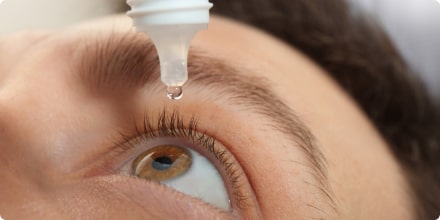
Prescription eye drops or ointments to reduce inflammation or infection

Oral medications in cases of severe infections or inflammation
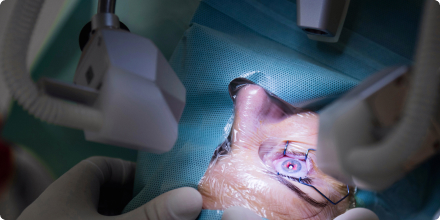
Corneal transplant surgery (keratoplasty) for advanced or vision-threatening conditions
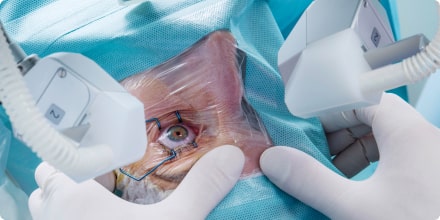
Phototherapeutic keratectomy (PTK) for certain corneal dystrophies or irregularities
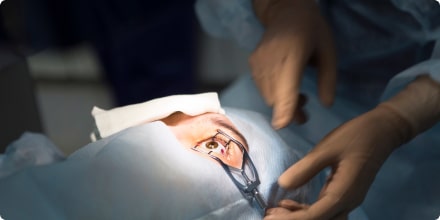
Bandage contact lenses or amniotic membrane transplantation for corneal abrasions or persistent epithelial defects
Consult an eye care professional for early detection, proper diagnosis, and treatment recommendations for your cornea.
Table of content
Book an appointment
Informative and Comprehensive
Frequently Asked Questions
Common queries about the treatment are addressed in this section. Find your answers here.
How do i schedule an appointment?
You can schedule an appointment by calling our hospital directly, filling out our online appointment request form or visit our hospital in person. Our staff will assist you in finding a convenient appointment time.
How long is the recovery period after eye surgery?
Recovery time can vary depends upon the types of surgery performed and individual factors. Generally, most patients experience significant improvement within few days or weeks following surgery.
Do you accept insurance plans?
Yes, we accept insurance plans and we aslo accept flexible payment options for patients without insurance coverage. you can visit our website for more details and can contact our billing department for specific insurance-related inquiries.
What are the common eye conditions treated at your hospital?
We specialities in treating a wide range of eye conditions, including cataract, glaucoma, macular degeneration, diabetic retinopathy, and refractive errors such as myopia and hypermetropia and astigmatism.
What measures do you take to ensure patient safety during eye surgeries?
We follow strict surgical protocols and maintain a sterile environment in our surgical facilities to minimize the risk of infection and ensure the safety of our patients during eye surgery.
Do you offer pediatric eye care services?
Yes, we provide specialised pediatric eye care services, including comprehensive eye care examination, vision screenings, and treatment of common childhood eye conditions.